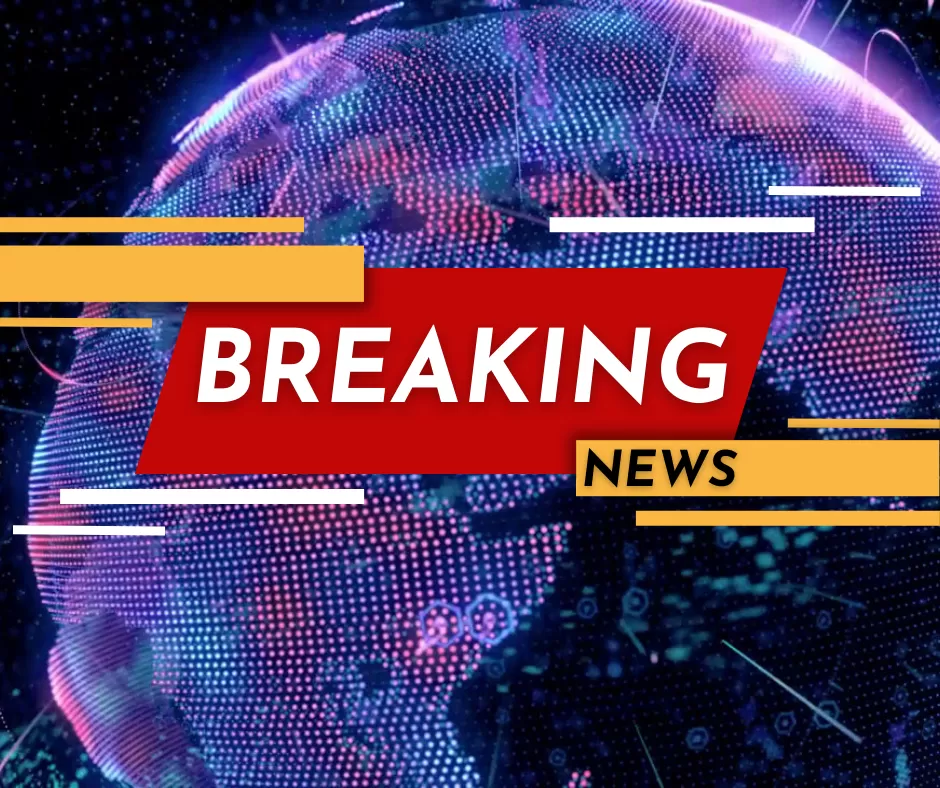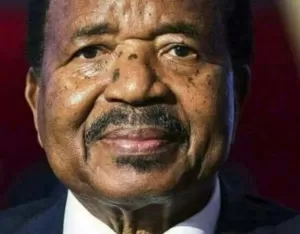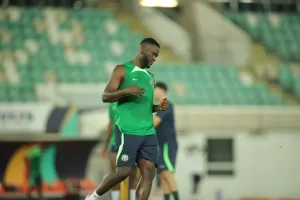Ecuador presidential candidate Fernando Villavicencio assassinated at campaign event

An opposition candidate inEcuador’supcoming presidential election, Fernando Villavicencio, was assassinated at a campaign event Wednesday, President Guillermo Lasso confirmed on social media, vowing the killing will not go unpunished.
Villavicencio was shot dead at a Movimiento Construye political rally at a school north of the capital Quito, campaign team members Cristian Zurita and Rodrigo Figueroa told CNN.
Seven of the eight presidential candidates, including Villavicencio, were under police protection, Ecuador’s Interior Minister Juan Zapata said earlier this week, local media reported Tuesday.
The Andean country, a relatively peaceful nation until a few years ago, is nowplagued by a turf warbetween rival criminal organizations.
Though Ecuador has no history of producing cocaine, nor its main ingredient coca, it is sandwiched between the two largest narcotics production hotspots in the world: Peru and Colombia.
Ecuador has become an integral part in the lucrative cocaine trafficking routes from South America to North America and Europe, according to security experts. And violence has been most pronounced on the country’s Pacific coast as criminal groups battle to control and distribute narcotics, primarily cocaine.
The country has also lost control of its prisons, which are often ruled by criminal gangs. Security forces have struggled to confront the gangs inside overcrowded prisons, where inmates often take control of branches of the penitentiaries and run criminal networks from behind bars, according to Ecuadorian authorities.
In July, the mayor of the port city of Manta, Agustin Intriago, was shot dead alongside Ariana Chancay, a young athlete he was talking with on the street.
All the candidates in the country’s presidential election have pledged to rein in the escalation of violence.
In an interview with CNN En Español Conclusiones in May, Villavicencio addressed the violence caused by drug trafficking in the country, saying Ecuador had become a “narco state.”
He proposed to restore security with the armed forces and the police in the streets and lead a fight against what he called the “political mafia.”







